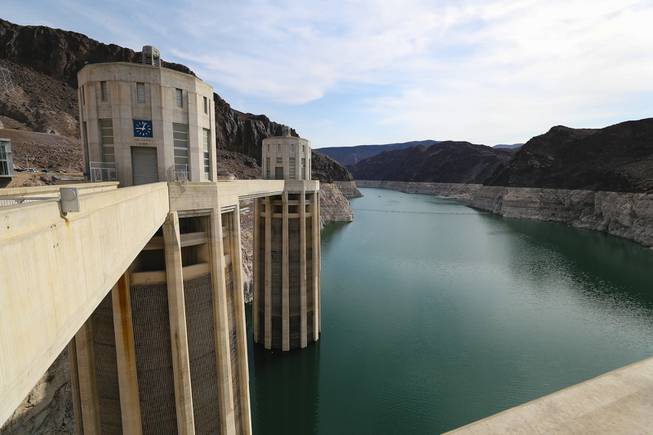- About Us
- Search
- Need Help?
- Donate
- Login/Register
Latest Entries
Actions Menu
Blog Roll
- 4F Facebook Page
- Turn Up The Night with Kenny Pick
- Stephanie Miller Show
- The Tim Corrimal Show
- The Rachel Maddow Show
- Angry Americans with Paul Rieckhoff
- Thom Hartmann Program
- Turnips! Fans of Turn Up the Night Facebook Page
- Snopes.com
- Factcheck.org
- Official White House Page, if you must.
- The Brad Blog / Green News Report
- The Poorly Written Political Blog (Joe Santorsa)
It should be obvious by now.
Author: TriSec
Date: 07/17/2021 12:17:02
/cdn.vox-cdn.com/uploads/chorus_image/image/49493993/this-is-fine.0.jpg)
In the year 2370, a visiting scientist on the planet Boraal II was dismayed to discover the planet would die in less than 48 hours due to a phenomenon called "atmospheric dissipation". His brother, aboard a nearby starship, was concerned for him and arranged to visit and attempt a rescue.
The scientist, unwilling to watch the planetary culture die, violated every rule of the Federation in an attempt to save a handful of natives and preserve their culture. He was ultimately successful - but at a tremendous cost to his reputation, career, and family.
Three centuries from now, that science fiction technology existed so such a thing could occur. But we have no such luxuries in reality.
As bad as the year 2020 may have been for us all - 2021 is turning into something far worse. I would presume we've all seen things recently that have given us pause.
Here in New England, this summer we have a purely tropical climate. I have spent significant time in Florida over my lifetime, and I know the pattern well. Steamy, humid, tropical, and near-daily thunderstorms that pass through and provide only more humidity instead of relief.
That's what we have this summer. In 17 days of the month of July, we've only had three or four days without any precipitation. It's been called the wettest July since 1955, when we were struck by two hurricanes that year.
In the West though, the situation is reversed, and far more dire. You've seen the photos of Lake Mead.

California has been in a drought officially since 2000. It's been going on for so long, and with so little relief, that some sources are starting to use the term "aridification". If it sounds scary, it is. And there are serious ramifications for us all. While the Midwest may have been categorized as "The Breadbasket of the World", it's the Central Valley in California that produces the bulk of the fruits and vegetables that we eat every day.
The rest of the world is starting to come to agonized attention, but here in the United States we remain ignorant and dumb. Despite the mountains of evidence, the national roadblock that is Mitch McConnell and the GOP refuse to acknowledge anything wrong.
We have cut our own throats.
Some states are making small efforts, but in a land so vast it must be "all or nothing". What can little Rhode Island do that might help California? Literally nothing can be done at the state level, despite small and insignificant attempts.
I had wondered last year that perhaps the pandemic was an attempt by the Earth to correct itself. The problem is indeed us; we could see it briefly last year during the shutdown. Cities around the world known for their pollution and smog miraculously cleared up for days or weeks as people stayed home, stayed indoors, and generated far less toxins than we normally do. If a catastrophe did occur, and global population suffered a precipitous decline, the planet might just be able to recover.
But it's all back, and in some places worse than ever.
You may have seen news about an old report from M.I.T. dating back to 1972. Our brainiacs here predicted the collapse of civilization by the year 2040. That is just 19 years from now. It remains sobering reading.
In 1972, a team at Massachusetts Institute of Technology (MIT) predicted that humanity's pursuit of economic growth without regard for environmental and society costs would lead to society collapsing by the mid 21st century – a new study finds this may become a reality.
Gaya Herrington, Sustainability and Dynamic System Analysis Lead at KPMG, undertook the task of proving or disproving MIT's claims and used a world simulation model that analyzed how our world has progressed from 1972.
Herrington looked at 10 key variables, such as population, industrial output and persistent pollution, and determined our business-as-usual mentality will spark a decline of economic growth within the next decade.
However, the data revealed an even bleaker future – our world could experience a total societal collapse by 2040.
A total societal collapse would mean an abrupt decline in quality of life, food production, industrial output and ultimately the human population.







